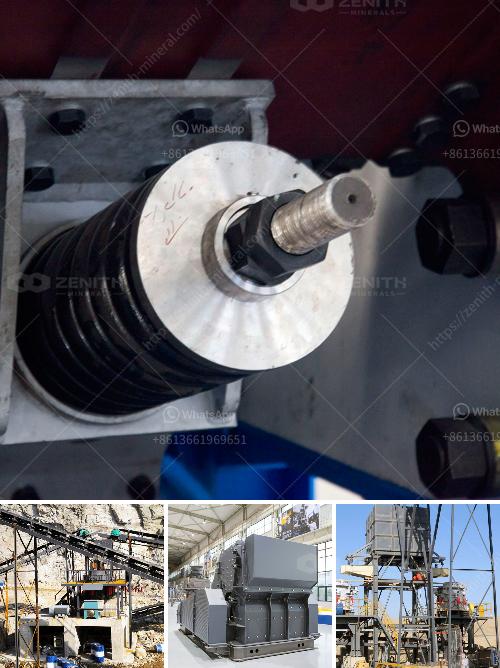To prevent rocks from coming out of an impact crusher during operation, consider the following measures:
Ensure Proper Feed Size: Make sure the feed size is appropriate for the crusher. Oversized rocks can cause blockages and force smaller rocks to be ejected.
Use the Right Crusher: Ensure that the impact crusher is suitable for the material being processed. Different crushers handle different material properties and sizes.
Check Wear Parts: Regularly inspect and replace worn-out parts such as blow bars, impact plates, and liners. These components wear out over time and can affect crusher performance and containment.
Install Barriers: Use physical barriers or containment systems around the crusher opening to catch any rocks that may be ejected during operation.
Monitor Speed: Operate the crusher at the recommended speed. Too high a speed can cause excessive vibration and ejection of rocks.
Use Feed Chutes and Hoppers: Correctly designed feed chutes and hoppers can help channelize the material flow, reducing the chances of ejection.
Regular Maintenance: Perform regular maintenance checks to ensure all parts of the crusher are in good working condition and function as intended.
Training: Ensure that operators are well-trained in the proper use and maintenance of the crusher to prevent operational errors that could lead to rock ejection.
By implementing these measures, you can significantly reduce the risk of rocks being ejected from the impact crusher during operation.
